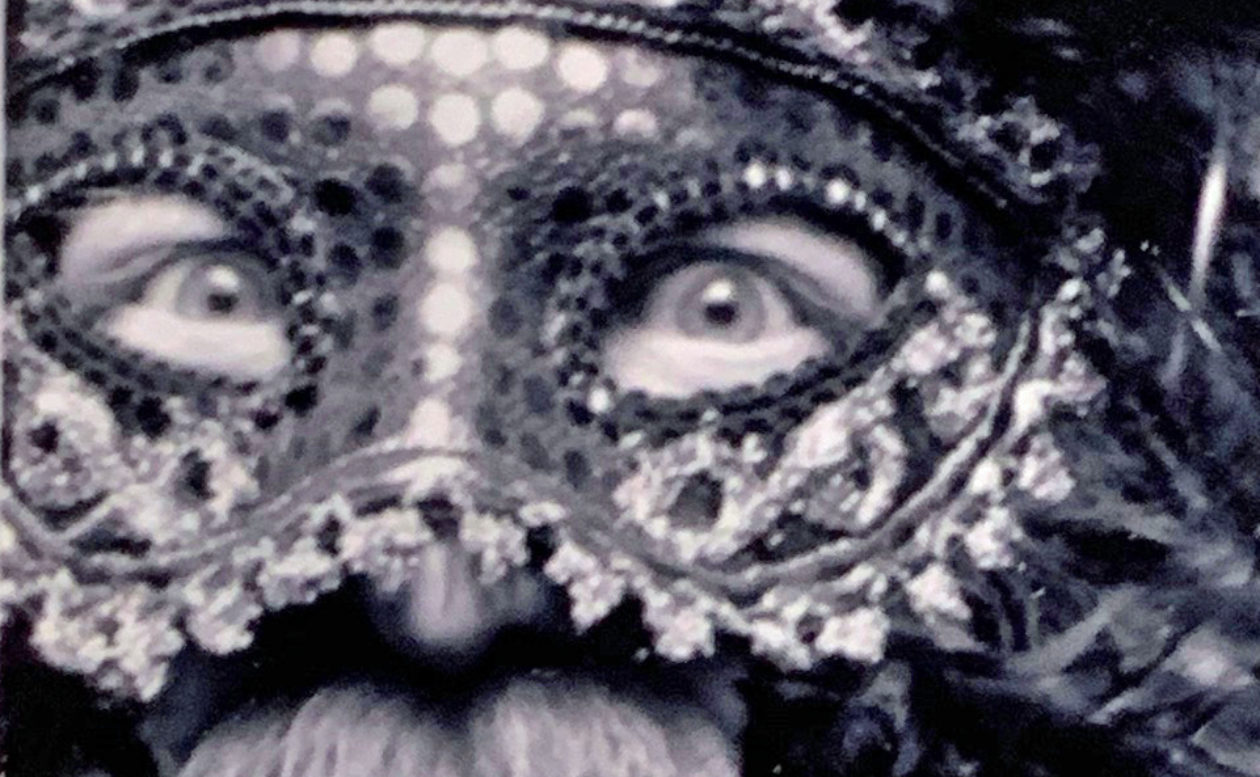Our semi-permanent three-generation family is a blessing. I do not comprehend why America decided the multi-generation family under one roof was a bad idea. I get how it happened; but I neither understand why we stopped, nor endorse its decline.
Case in point. As a writer, words are important to me. Both my wife and I have long held for our own children (and now for our grandchildren) that there are no “bad” words. It is essential to understand that the meaning is not in the word, but rather in the perception of the word, thus, some language should not be used in school, or at the dinner table or in front of certain sensitive individuals. But, as for me, you had better be using the word correctly. Beyond that it’s all about nuance.
Example. Hanky has been having a bully problem at school. Hanky is probably going to have a bully problem for quite a while. He is smallish in stature, smart beyond his years, bookish and artistic. Bullies are going to find him. He’s under some kind of protective order at school right now from the unwanted attention of “Colin X” (not his real name, because you have to protect the abusers these days).
Hank said he wanted to call Colin a name but he thought he’d get in trouble. And the truth of the matter is that he WOULD get in trouble, because, you know, saying “shithead” in the second grade is a far greater crime than hitting, slapping, teasing, spitting, forcing someone to eat grass, etc. I said he should call Colin a “jacknapes.” Hanky and younger brother, Teddy both laughed. Of course they thought it was another word for jackass. I had to haul out the big dictionary, Volume I, to help him understand that it was a perfectly legitimate thing to call an eight year old bully. It would satisfy the need without a big yield of fallout.
I showed him the various definitions of the word, stroked the nuances affectionately and presented the word to Hank to use as his own whenever he needed it. Then…the question.
“Are all the words in there?”
“Yup, every one.”
“Even the bad ones?”
“Yup, even the bad ones.”
He dropped his voice to a more conspiratorial level and whispered, “Even ‘ass?'”
I flipped the pages. I let my finger slide down the column over the boldface words until we arrived at “ass.”
Hank looked at the word, his eyes bugged out, his neck and shoulders did a kind of strange, disjointed contortion and he giggled. Loud and clear and distinct eight year-old boy giggles rang out upon learning that a book has all the dirty words in it.
He looked at me as though the world of language had suddenly revealed itself. I was a proud Pop Pop. I was the guru as his language development took a sudden leap forward.
“What about ‘butt?'”
“Yup, it’s in there.”
Teddy just turned six. He, too, is advanced for his age. It is hard to remember he is in kindergarten because of his skills with language and the fact that he is a pound or two heavier than his eight year-old brother and just as tall. Teddy is unlikely to have bully problems in his life.
Teddy asked, with the same enthusiasm and wonder in his voice, “What about “pee-hole?'”
I do not know if the Oxford English Shorter Version has an entry for “pee-hole” or not, but I fearlessly confirmed that “pee-hole” was in Volume II. Wonder, awe, amazement prevailed.
Later that night, as we were watching some sixty year old Looney Tunes, I said something Wiley E. Coyote was doing was “ridiculous.”
Hank giggled again and said, “He is reDICK! Haha, reDICK!” Teddy took up the chant.
And then his three year old sister just started laughing and shouting, “He’s a DICK! He’s a DICK!” And Teddy and Hank both positively tittered. I didn’t say “tittered” to them. We had already had the best language day possible.

